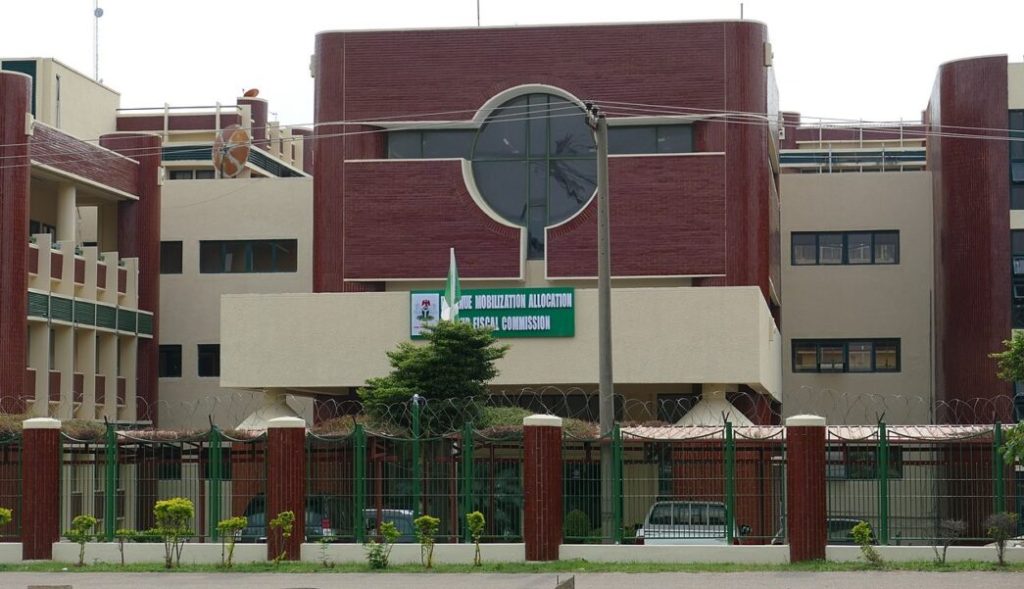The Revenue Mobilisation Allocation and Fiscal Commission (RMAFC) has announced that it has started a process to review the formula used for sharing revenue among Nigeria’s federal, state, and local governments.
This was confirmed by the RMAFC Chairman, Mohammed Shehu, at a press conference in Abuja on Monday.
According to Shehu, this review is crucial because the existing revenue-sharing formula, which has been in place since 1992, no longer reflects the nation’s current economic state.
READ ALSO: RMAFC to review salaries of political office holders
The goal is to develop a new formula that is fair and balanced, taking into account the current responsibilities, needs, and financial capacities of all three levels of government.
The current formula allocates 52.6% of revenue to the federal government, 26.7% to states, and 20.6% to local governments. Additionally, one per cent each is allocated to the Federal Capital Territory, ecological fund, natural resources, and the stabilisation fund.
Shehu noted that the commission is mandated by the 1999 Constitution to “review, from time to time, the revenue allocation formulae and principles in operation to ensure conformity with changing realities.”
He explained that since the last review, Nigeria has undergone significant demographic, economic, and constitutional changes.
He pointed to recent constitutional amendments by the Ninth National Assembly, which moved responsibilities like electricity generation and distribution, railways, and correctional centres from the exclusive to the concurrent list.
This shift has placed additional financial and administrative burdens on state and local governments, making it essential to re-evaluate the fiscal structure to promote growth, independence, and sustainability at the sub-national levels.
The RMAFC Chairman assured the public that the review will be inclusive, transparent, and driven by data.
The commission will consider the specific needs, service delivery obligations, fiscal performance, and developmental differences among states.
READ ALSO: Tinubu inducts RMAFC, FCC commissioners, Perm Secs
The process will include broad consultations with key stakeholders such as the Presidency, the National Assembly, state governors, local government officials, and civil society organisations.
The commission is also committed to using extensive research, empirical data, and international best practices in its analysis.



